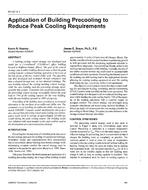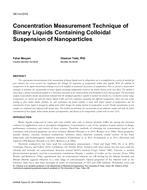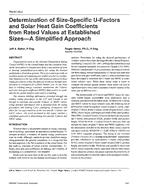Residential buildings are one of the essential energy consumers. The majority of European residential buildings were built within the period from 1955 to 1990ies. Currently the retrofitting process is too slow. The main barriers are – complicated building process, involving all the documentation works, variety of available technologies as well as precision of estimated energy saving calculations, which lead to incorrect assessments of energy saving potential. Also, the overall environmental impact is not sufficiently addressed for widely applied technologies like gas boilers and wood pellet boiler.
The main aim of this study is to ensure correct energy simulations of final energy consumption by buildings as well as to provide evaluation of LCA and LCC considering specifics of Latvian regulation normative. In the paper, a case building located in Latvia is analyzed and assessment of different thermal insulation is performed to ensure both end-user energy efficiency and minimization of overall negative environmental impact.
The results show comparison of energy saving potential and calculated embodied energy for case building at various renovation scenarios combining window replacement, different insulation thicknesses for walls and roof as well as cellar insulation. Also, the investment costs are estimated and most economically feasible solution determined. The obtained data showed that the energy consumption can be reduced by more than 65% by applying most of the retrofitting works however the most economically beneficial scenario excluded replacement of existing windows and roof and cellar insulation.
This paper is prepared in scope of work done within the project European Regional Development Fund project “NEARLY ZERO ENERGY SOLUTIONS FOR UNCLASSIFIED BUILDINGS” on the basis of EU N2020 MORE-CONNECT.
Citation: 2018 Winter Conference, Chicago, IL, Conference Papers
Product Details
- Published:
- 2018
- Number of Pages:
- 9
- Units of Measure:
- I-P
- File Size:
- 1 file , 2.3 MB
- Product Code(s):
- D-CH-18-C039


